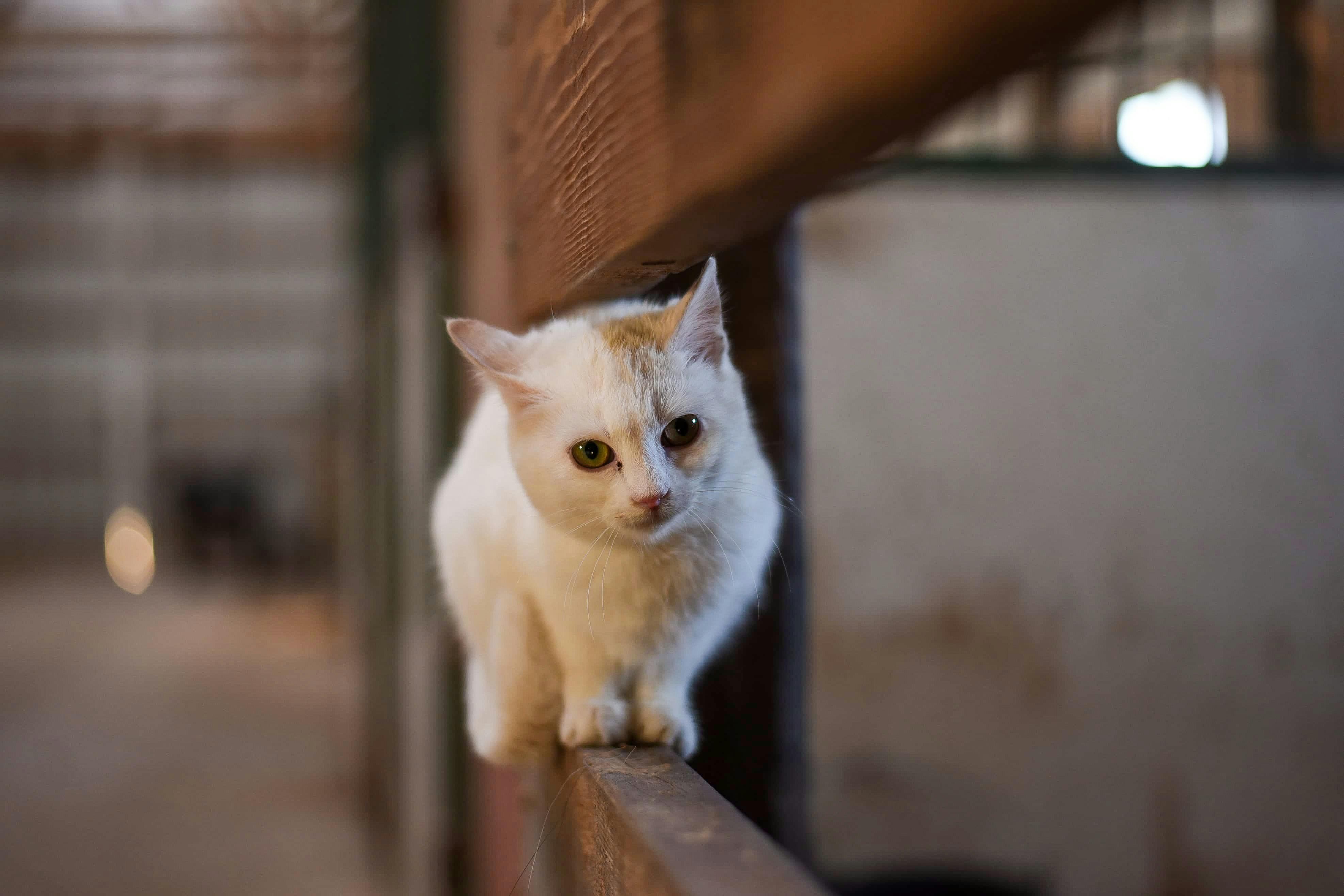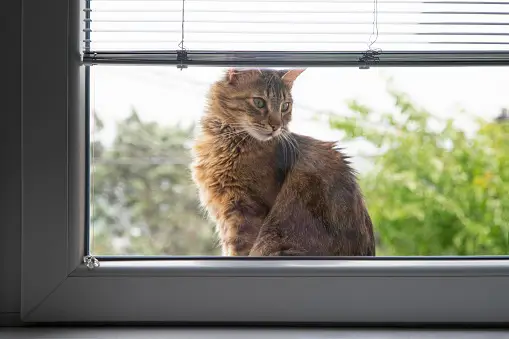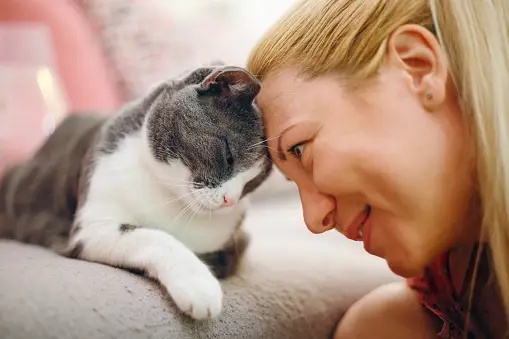How Long Do Cats Live? Discover the Lifespan of Your Feline Friends
Understanding your cat's longevity

An Insightful Guide to Your Cat's Lifespan
Cats are beloved members of our families, providing endless joy and companionship. But how long do these cherished pets typically live? Let’s explore some key factors that influence a cat's lifespan and what you can do to ensure your feline friend lives a long, healthy life.
1. Breed Matters
The breed of your cat can significantly influence its lifespan. Generally, mixed-breed cats tend to have fewer genetic issues than purebred cats, often leading to longer lives.
- Mixed Breeds: Typically live between 12-18 years.
- Pure Breeds: Lifespan can vary greatly, with some breeds like the Siamese living up to 20 years, while others like the Manx may have shorter lifespans due to genetic disorders.

2. Indoor vs Outdoor Living
Where your cat spends most of its time plays a critical role in their longevity.
- Indoor Cats: Tend to live longer, often reaching 15-20 years due to a safer and controlled environment.
- Outdoor Cats: Face more risks such as accidents, diseases, and predators, which can reduce their lifespan to about 5-10 years.

3. Diet and Nutrition
A balanced diet is vital for your cat’s health. High-quality cat food that meets all nutritional requirements can add years to your cat’s life.
- High-Quality Food: Rich in proteins, vitamins, and minerals to support overall health.
- Regular Feeding Schedule: Helps maintain a healthy weight and prevents obesity-related issues.

4. Regular Veterinary Care
Regular check-ups with a veterinarian are essential for catching potential health issues early.
- Annual Exams: Ensure vaccinations are up-to-date and any emerging health problems are caught early.
- Preventive Care: Treatments for parasites, dental health, and routine blood tests can significantly enhance life expectancy.

5. Exercise and Mental Stimulation
Keeping your cat physically active and mentally stimulated is crucial for their well-being.
- Play Time: Regular play sessions with toys can prevent obesity and keep muscles strong.
- Environmental Enrichment: Interactive toys, scratching posts, and climbing trees can keep your cat mentally sharp and engaged.

6. Genetics and Health Issues
Some cats are genetically predisposed to certain health conditions which might affect their lifespan.
- Common Conditions: Kidney disease, diabetes, and heart disease are prevalent in older cats.
- Genetic Screening: Can help identify risks early on and allow for proactive management.

Conclusion
Understanding the factors that influence your cat's lifespan can help you provide better care and enhance their quality of life. By focusing on breed, living environment, diet, regular veterinary care, exercise, and being aware of genetic health issues, you can ensure your feline friend stays happy and healthy for many years.

Keep these tips in mind, and cherish every moment with your beloved pet!
Tags:
All about cats
